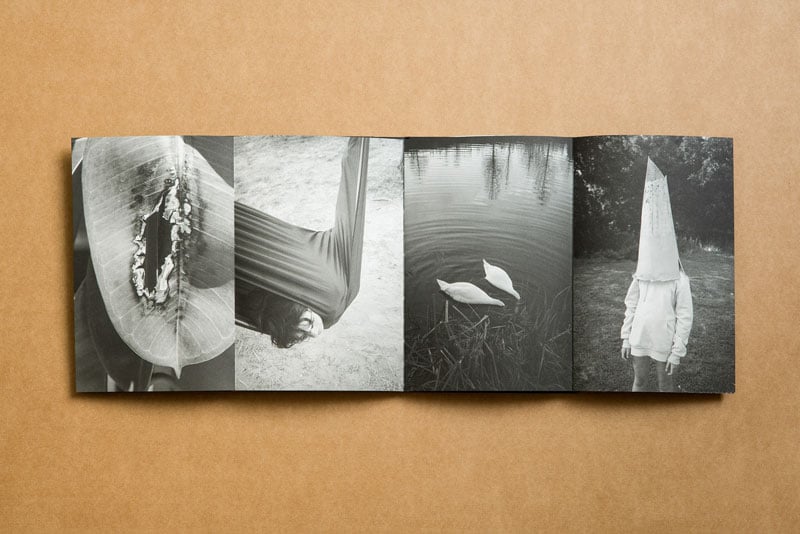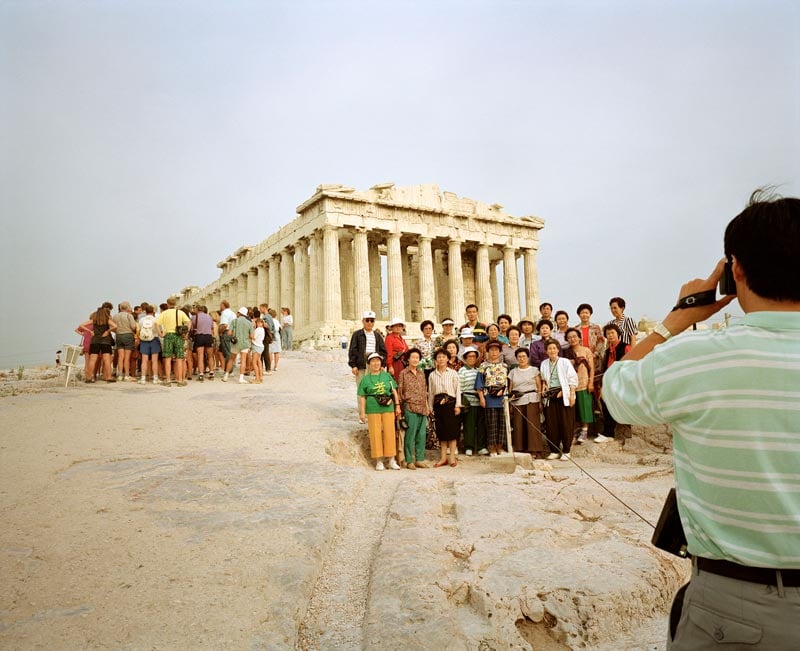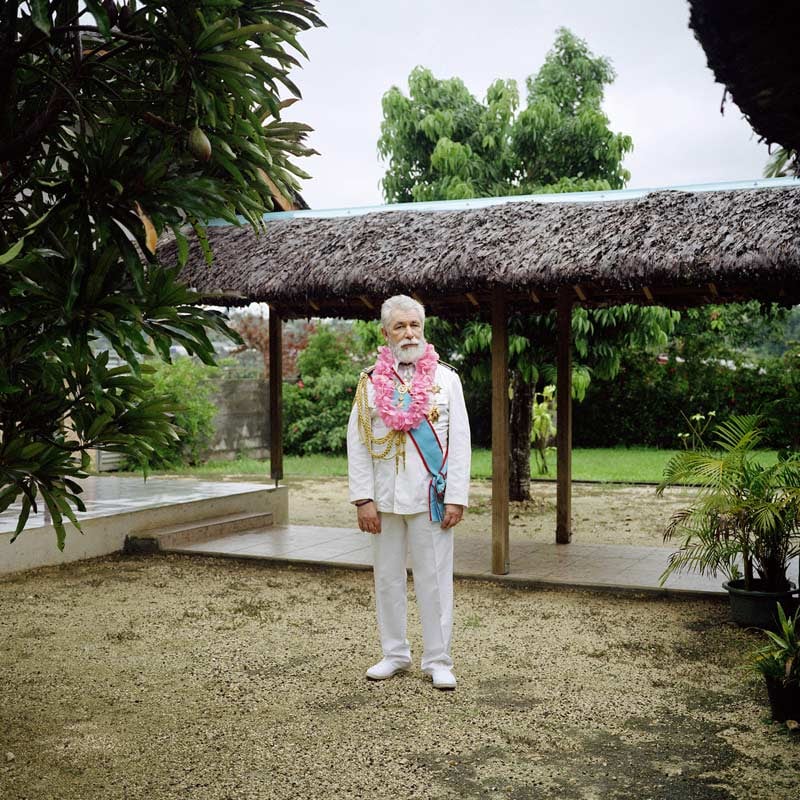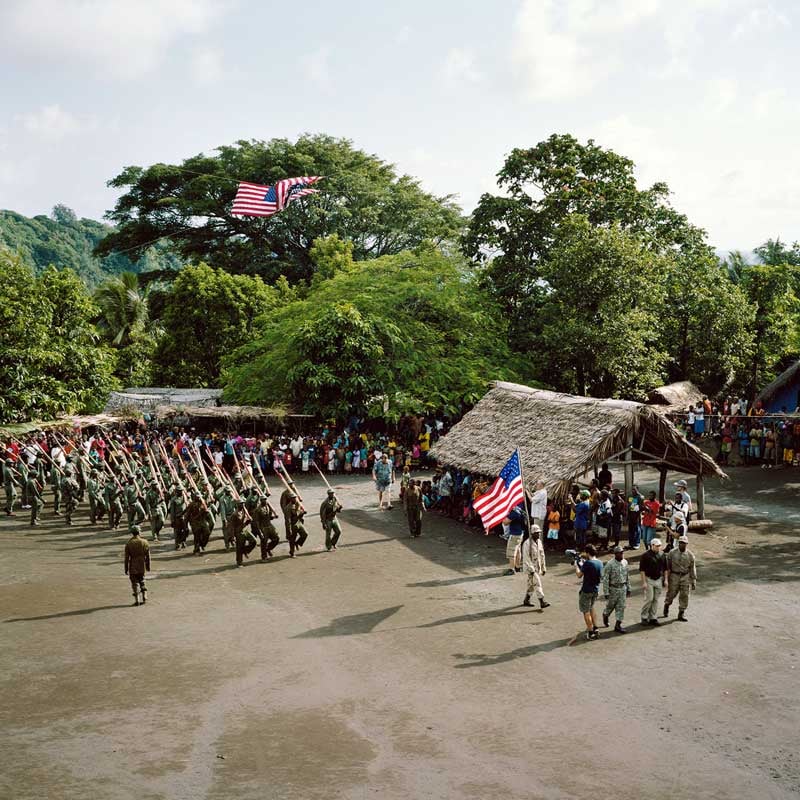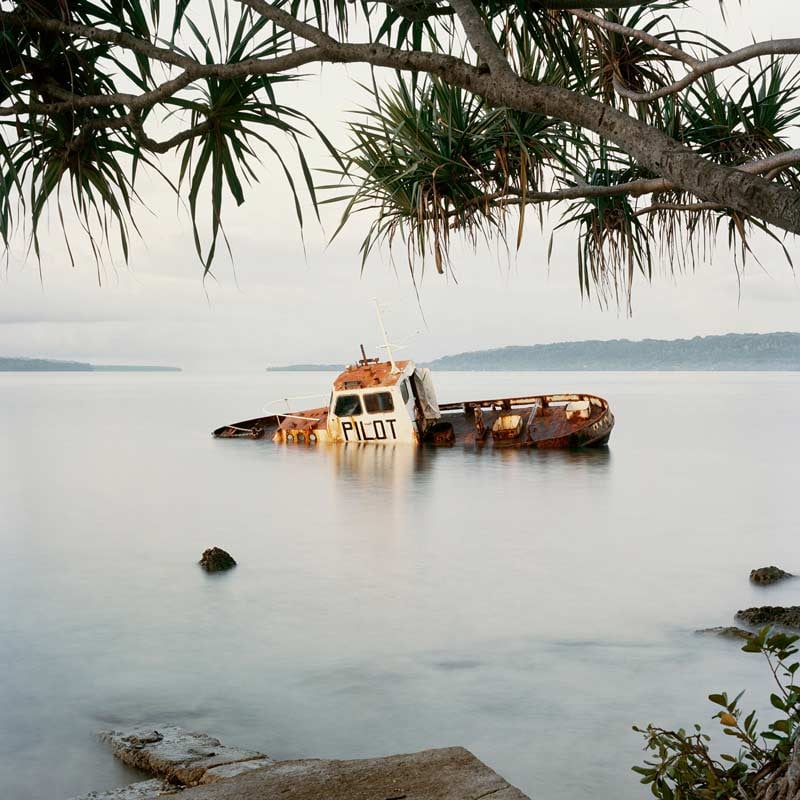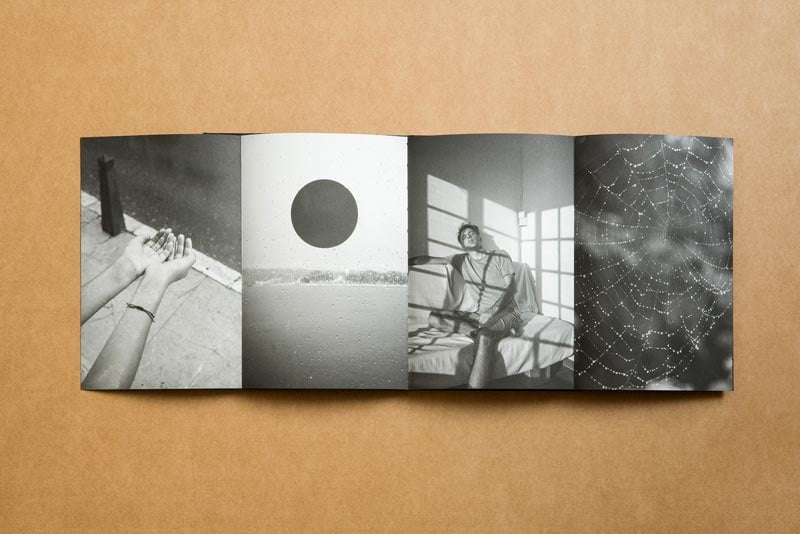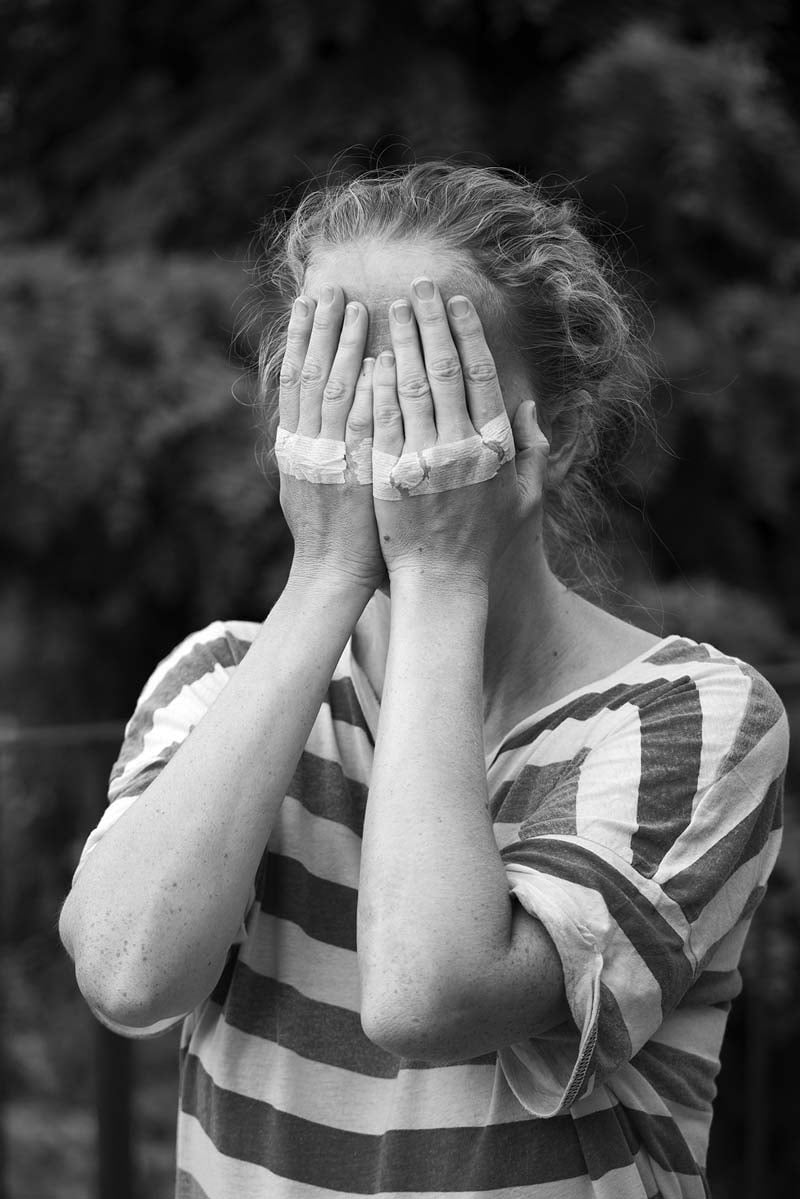These photobooks focus on travel in different ways, from the world of global tourism, to white saviours and the healing power of the natural world.
Image 1: © Alex Llovet
To celebrate (the northern hemisphere) summer, this month we are looking at photobooks that focus on travel in different ways. Martin Parr’s Small World looks at the world of global tourism, Jon Tonks’ The Men Who Would Be King adds narrative to travel by looking at latter-day white saviours on the Pacific island of Vanuata, while Alex Llovet’s Summer’s Almost Gone transforms his family’s annual holidays into a meditation on play, childhood, and the healing power of the natural world.
In this article on family, Mette Sandbye proposes that rather than thinking about what a photograph is, we should think about what it does. We should not only think about how it was made, and what it shows, but also how it is exhibited, published, or shown.
Sandbye talks about this in the context of the family album, but by extension we could look at travel photography. What does travel photography do? What does it communicate, how does it communicate, and who does it communicate to?
Martin Parr’s Small World
Image 2: Acropolis, Athens, Greece, 1991 © Martin Parr / Magnum Photos
In The Tourist Gaze, John Urry breaks these ideas down in the context of the photography we make on our travels. He talks about the power structures apparent (from the early days) in photography, its relationship to anthropology, and the exoticisation and diminution of particular peoples. He also talks about how ‘Photography gives shape to travel. It is the reason for stopping, to take (snap) a photograph, and then to move on. Photography involves obligations. People feel that they must not miss seeing particular scenes since otherwise the photo-opportunities will be missed.’
That is what Martin Parr photographs in Small World, his book of global tourism. One particular feature are his images of tourists taking photographs of the best-known tourist sites in the world: The Tower of Pisa, Macchu Pichu, the Pyramids. He photographs the sites, but in Small World there’s always somebody else in the foreground, disrupting the site, often holding a camera to their eye, preserving for all memory the same photograph that everybody else has preserved for their memory.
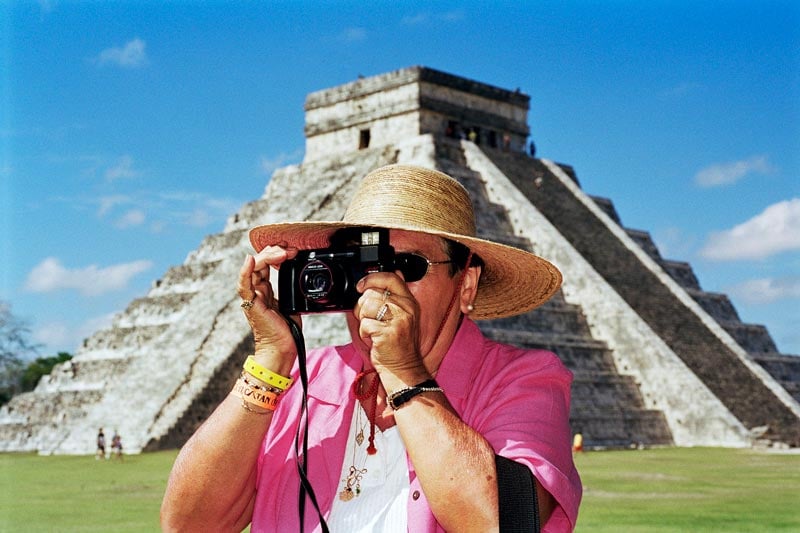
Image 3: Mexico, 2002 © Martin Parr / Magnum Photos
It's a great book in which Parr gets the double whammy of getting the photo-opportunity Urr writes about as well as showing others getting that photo opportunity.
Jon Tonks’ The Men Who Would Be King
Image 4: © Jon Tonks
A different shape to travel is given in Jon Tonks’ The Men Who Would Be King. Like Parr, he also focusses on outsiders coming to visit, but in Tonks’ case, the outsiders are Europeans who want to be rulers of village communities in the South Pacific nation of Vanuatu. What kind of person, Tonks wonders, travels thousands of miles to a remote pacific community in the hope of being hailed as the saviour of that community?
It’s a book where travel, anthropology, and colonialism come up against ideas of the white saviour, the island paradise and basic questions of the pragmatic choices we make in choosing what we believe.
Image 5: © Jon Tonks
These ideas link directly both to the history of art and the history of photography. These wannabe king mix ideas of the exotic mingle with ideas of the primitive and a fantasy of their own civilising influence. It is completely delusional and the trick of the book is to tread that fine line between revealing this to be the case, and linking it to the underlying landscape, culture and history of the South Pacific island.
Image 6: © Jon Tonks
Collaborate with photographers on a global scale with the Falmouth Flexible MA Photography:
Alex Llovet's Summer's Almost Gone
The final book in this month’s short survey is Summer’s Almost Gone, a book that looks at the holiday experience through the eyes of the family of the photographer Alex Llovet. This is a lyrical book, one where the escape to the countryside is presented as an Arcadian vision, where children are at one with nature, with the earth, the wind, the fire that accompanies them on their summer adventures.This is a beautifully made book, one with a structure which references the dreamlike nature of the idyllic family holiday. It is something illusory, something you cannot quite grasp, a short-term fantasy of how life might be.
Image 7: © Alex Llovet
In Llovet’s case the fantasy is elemental (and so very real). It comes through the flora that surrounds them on their holiday trips, the grasses, flowers, weeds, and trees that they lie on, climb up, or play with. It comes through the animal, insect, and pond life they encounter on their escapades, through the water that glints in the morning sun, or the dewdrops that shimmer on a spider’s web.
It's a fantasy, a beautiful fantasy and that is something that Llovet acknowledges throughout the book. But compared to all the people featured in Small World or The Men Who Would Be King, you get the feeling that Llovet’s family have the best holiday and the best time. And that counts for something.
Image 8: © Alex Llovet

Colin Pantall is a photographer, writer and lecturer and teaches on the MA Photography programme at Falmouth University.
Read more about Photobooks in previous blogs:
- The Grid: Bringing Order, Comparison and Narrative to the Story
- Laia Abril and Rafal Milach: Windows on the world of Misogyny
- Women and Photobooks: Unwriting History
- Photobooks and Collaboration
- Ernest Cole, Photography and Justice
- Photography and Brexit
- Arian Christaens and Returning the Gaze
- Photobooks and the City Destroyed
- Photography and Grief
- Photobooks and the Immersive Landscape
.webp)
